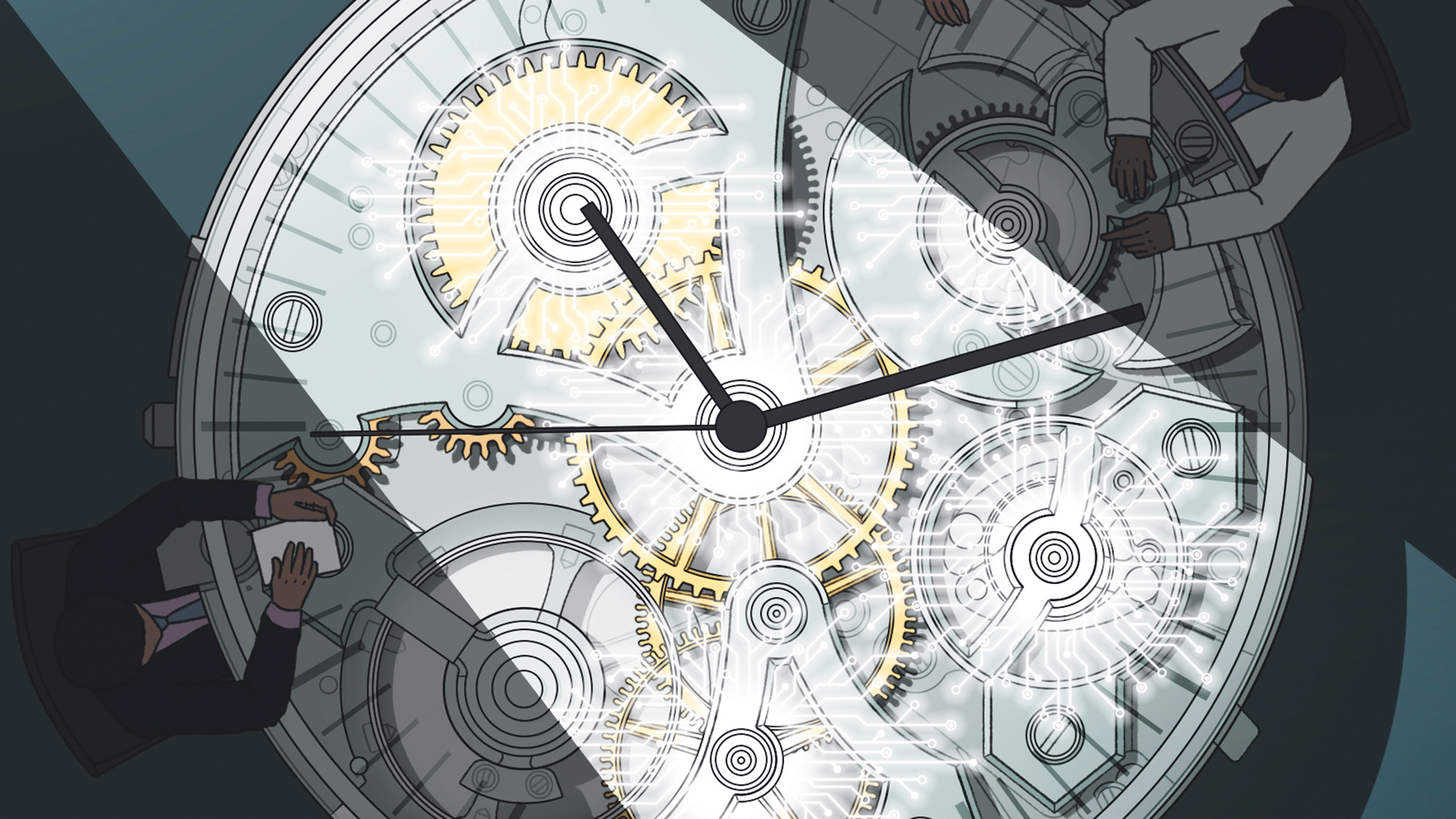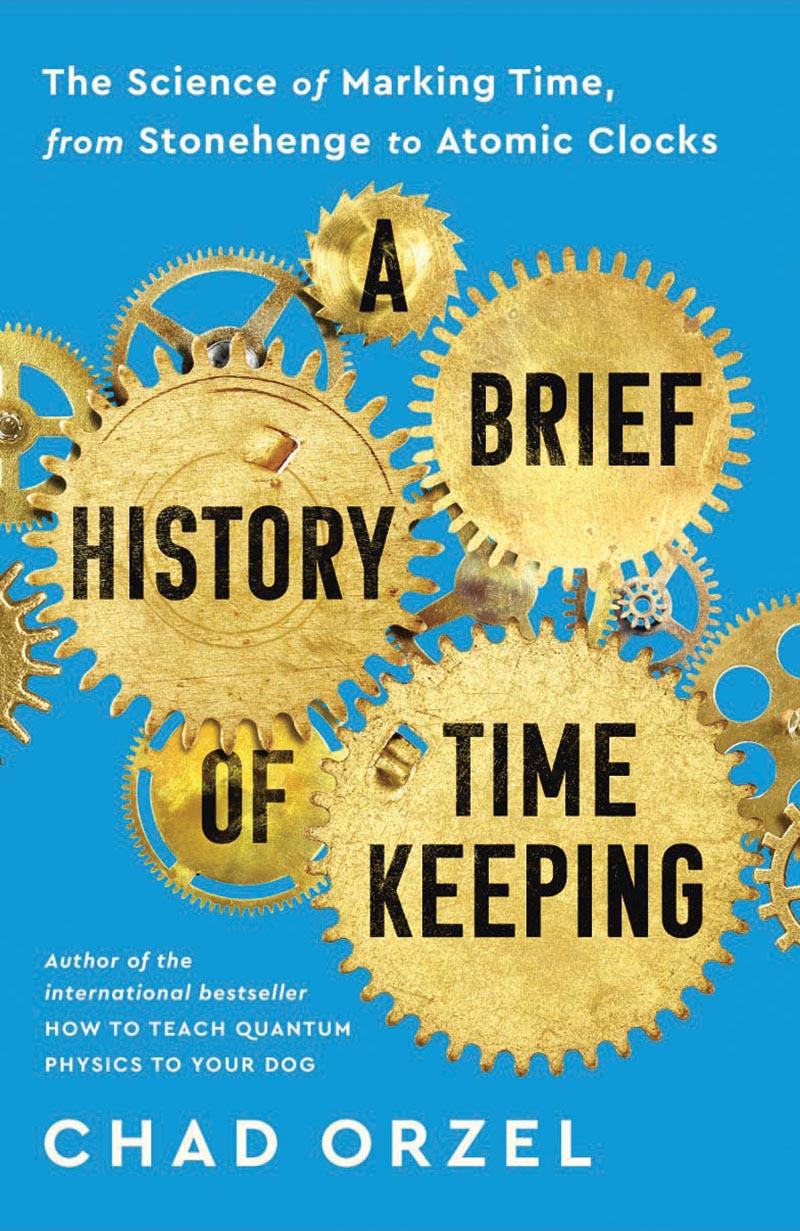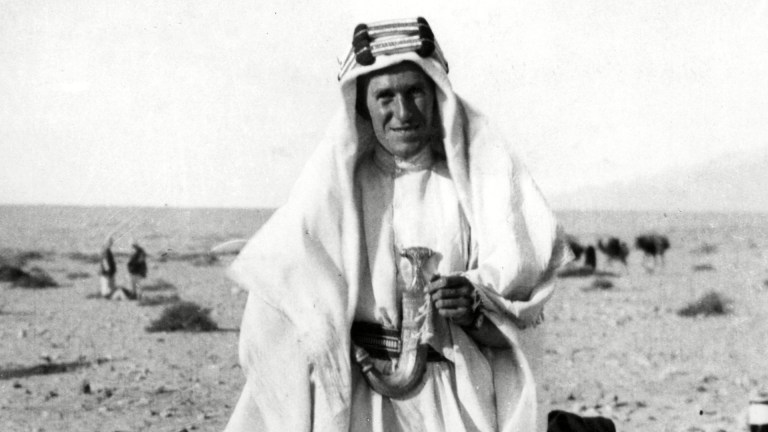Clocks rule everything around us. Offices and stores operate with rigidly set hours, which are announced to the world by chimes and digital displays. Meetings and classes are scheduled down to the minute, in planners and calendar apps. Sporting events are timed to fractions of a second (as seen in many races in the recent Winter Olympics). A concern with tracking the passage of time permeates almost every aspect of modern life. As someone who is both fond of sports and over-scheduled, I find our fascination with precise timekeeping intriguing, and decided to look into it more deeply.
Given the technological sophistication of many of the tools we use to track time in our daily lives, it’s tempting to think of our preoccupation with timekeeping as a purely modern development. In fact, measuring the passage of time has been a key activity of just about every civilisation we know of. We find people working hard to improve timekeeping throughout recorded history.
In 1500 BCE, an Egyptian court official named Amenemhet commissioned an inscription for his tomb that listed among his accomplishments the invention of a new type of clock that could track the hours of the night. We have a good idea of what his invention was, in the form of the ‘Karnak clepsydra’, a tapered alabaster vessel from a couple of centuries later, which has a small hole in the bottom and 12 sets of level markings on the interior headed with the names of the Egyptian calendar months. This would be filled with water and allowed to drain slowly, with the time read off from the appropriate column, to account for the seasonal change in the length of the day and night. Experiments with modern reconstructions suggest that the tapered shape produced a nearly constant flow rate, allowing it to keep accurate time to within 10 or 15 minutes over the whole night. That may not seem much compared to an iPhone, but it’s an impressive bit of engineering for 3,500 years ago.
In 1077 CE, a Chinese court official named Su Song was sent to a neighbouring kingdom to bring greetings on the solstice, but arrived too early because the Song Dynasty calendar was in error. He smoothed over the possible diplomatic incident, but on his return, worked to make sure this would never happen again. The end result of his reform project was a tower clock over 12m high, powered by a water wheel. The turning of the wheel triggered public displays to announce the correct time to all the residents of Kaifeng, and turned a giant bronze celestial globe to track the positions of the stars ensuring that time was being kept accurately.
In 1582, as part of the introduction of the Gregorian calendar, Thursday, October 4 was followed in Catholic Europe by Friday, October 15. This dropped 10 days from the year to correct a drift caused by the Julian calendar using a definition of the year that was 11 minutes too long. The Gregorian reform corrected this to just 26 seconds, a level of precision made possible by the incredible depth of the history of timekeeping: the Julian calendar had been in continuous use since 8 BCE, allowing astronomers to pick up on the tiny error and work out how to fix it 25 years before the invention of the telescope.
These represent a few high points from the history of timekeeping, which spans thousands of years. They are described in my book, A Brief History of Timekeeping, along with many others, including the Neolithic solstice markers at Newgrange and Stonehenge, the intricate calendar of the Maya, and the development of marine chronometers for finding longitude at sea.










